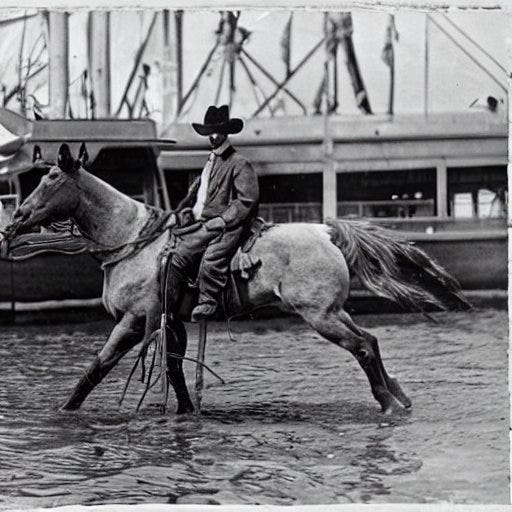American history: fact, fiction and our education system
What should we teach? We can decide this once and for all.

The governor of the sunshine state and our future president, Ronald, is known for his knack to pick culture fights. He is great at cooking them up as battles for freedom with a side of liberty. One recurring theme is to rid the state’s colleges of “indoctrination”. The latest manifestation of that is to challenge the advanced placement African American studies curriculum being piloted in his state.
To his credit, the college board caved and adapted the course work. They’ve removed studies of Black Lives Matter movement and other contemporary, but controversial subjects and added “black conservatism” as an optional area of study. This is a big win in some books. However, even if you agree with him, is this the best way to go about it?
I brought up this question to my good friend Liam. He had a very rational and easy solution. He believes that rather than fighting over what to teach, we should focus on facts. He suggested that for controversial topics, we should have experts from both sides debate and settle on a common curriculum.
Unfortunately, this is a fantasy. There are the obvious, practical issues like who are the experts? Who gets to pick them? What if there are more than two opinions? And when do we decide that it’s settled?
History in particular has added complexity. History is the study of the past. But the past has near infinite number of events. The key to studying history is figuring out which events are relevant. At its core, this is a subjective decision.
Pretend for a moment we can agree on the events. Next, we have to construct a narrative around them. That’s a problem too. Everyone can use the same facts but emphasize different aspects. Take Thomas Jefferson. He was a founding father, the third president of the United States, and a slave owner who fathered multiple children with one of his slaves. All of these statements are true, but what is emphasized is important.
Instead of fighting over facts, we should accept that history isn’t a science. There is no right answer, no single story. Everyone has their version and their own interpretation. Instead of fighting over what to teach, we should offer a plurality of options - the antithesis of one-size-fits-all approach we use today. Would you like to focus on the history of slavery, black lives matter and reparations? There could be a school for that. Would you prefer to focus on the history of the abolitionists, and black American success stories? There could be a school for that too.
